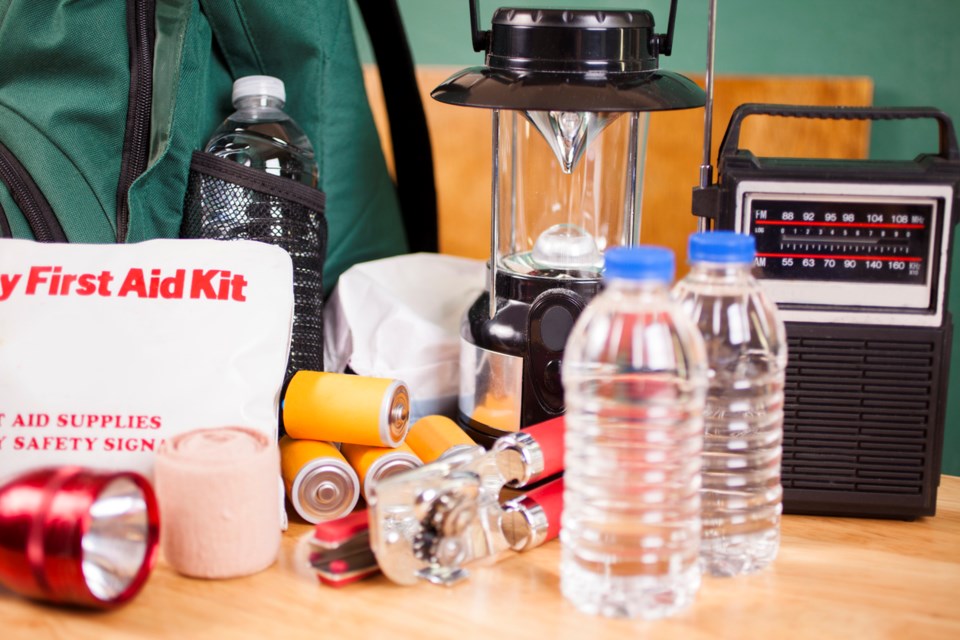Earthquakes, wildfires, extended power outages and severe weather — these are some of the top hazards that are concerning British Columbians.
But knowing we are at risk is one thing. Preparing for those risks, it appears, is another.
Most B.C. residents can accurately determine threats according to their own geographic vulnerability, says a recent Ipsos poll. For example, most coastal residents express concerns over the threat poses by tsunamis and earthquakes while those living in the Interior and the North are more likely to cite concerns over wildfires and floods.
However, the survey also found that few British Columbians are insured for the hazards that concern them most.
Less than half of Metro Vancouver and Vancouver Island residents noted that they are insured against earthquakes, while less than half of residents in the Southern Interior and North believe they are covered for wildfires. And while most with insurance believe they understand their coverage “somewhat well,” many admitted that their knowledge is not extensive.
As well, although 54 per cent of respondents stated that they have drafted an emergency plan, only 13 per cent said it was complete. Most households have emergency supplies for up to three days, though in many cases important items are missing. Four in 10 British Columbians report that they are equipped with a "grab and go" emergency kit in their car, while only three in 10 have a kit at work or at home.
“Personal laziness” and “apathy” were cited as the primary reasons why respondents have not invested in an emergency kit or developed an emergency plan.
“Unfortunately, an actual emergency is the wake-up call for far too many of us,” said Jennifer Rice, parliamentary secretary for emergency preparedness. “By then, it’s too late.”
The poll surveyed more than 1,200 British Columbians in an effort to determine their knowledge of the particular hazards that threaten them and their communities, and their level of personal preparedness. It was commissioned by Emergency Management BC to gauge the extent of personal preparedness throughout the province.
“Personal preparedness plays a critical role in determining to what extent we’ll be able to respond to, and recover from, emergencies,” said Solicitor General and Minister of Public Safety Mike Farnworth. “Until now, however, we haven’t has much reliable data to quantify our collective level of readiness. These survey findings will help focus our public-education campaigns and allow us to set a baseline from which we can measure progress going forward.”
“Preparedness doesn’t have to be an insurmountable task,” Rice said. “I encourage British Columbians to visit the PreparedBC website and follow @PreparedBC on Twitter for easy and accessible tips. Even one step today means you’re better prepared for tomorrow.”
It’s recommended that an emergency kit contains enough food, water, medication and other supplied for a minimum of 72 hours.
For more information on emergency preparedness visit www2.gov.bc.ca/gov/content/safety/emergency-preparedness-response-recovery/preparedbc.



